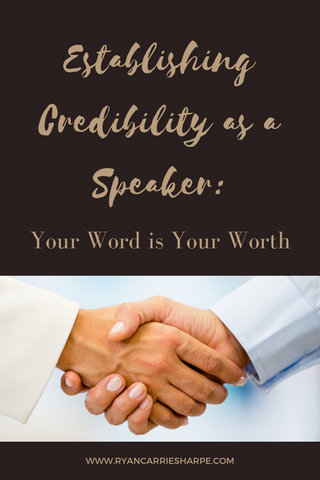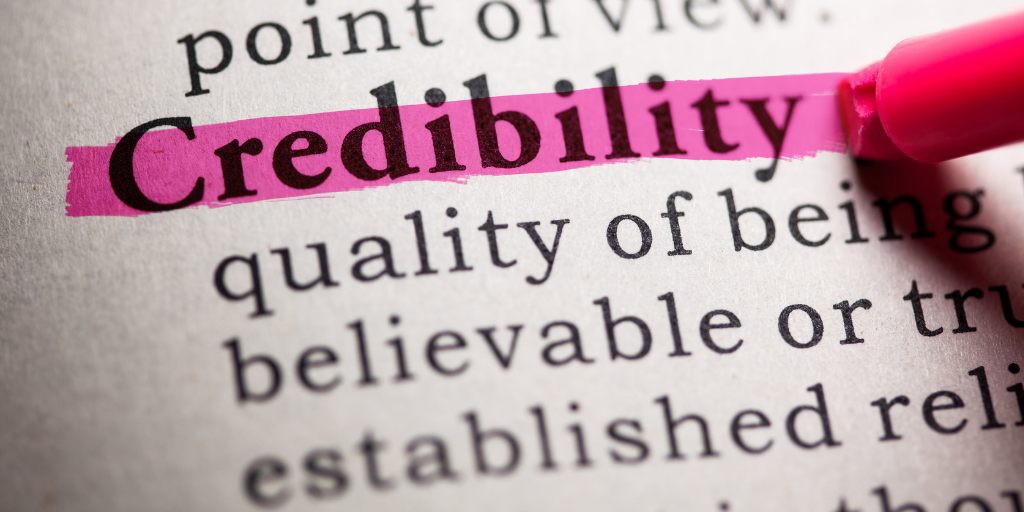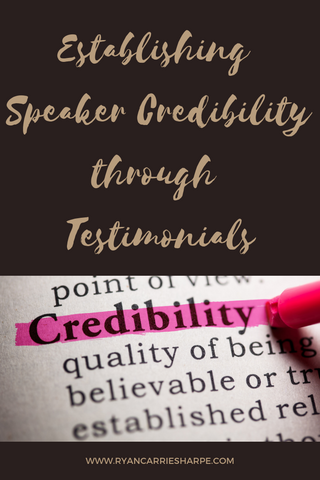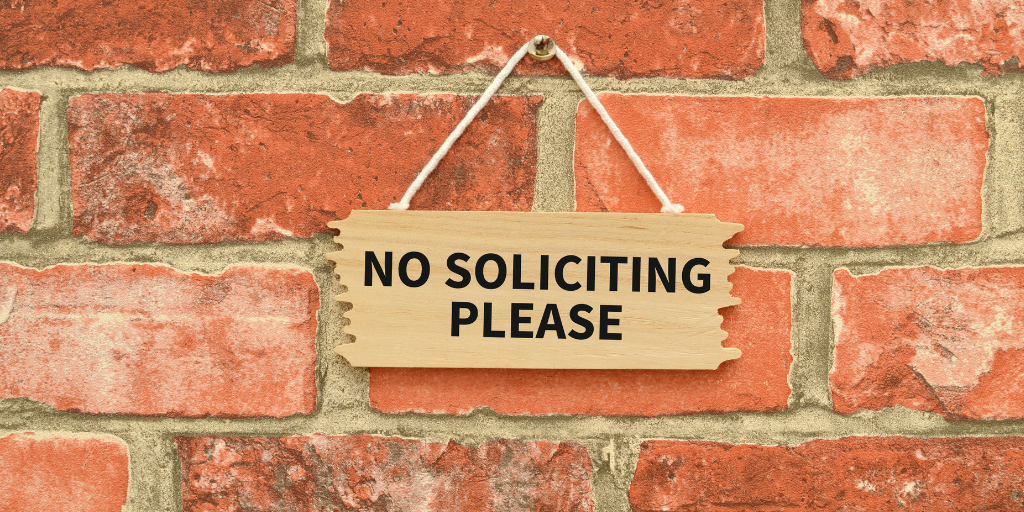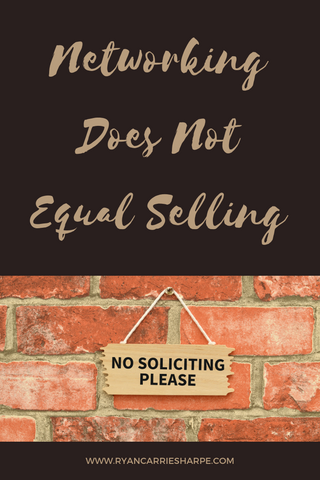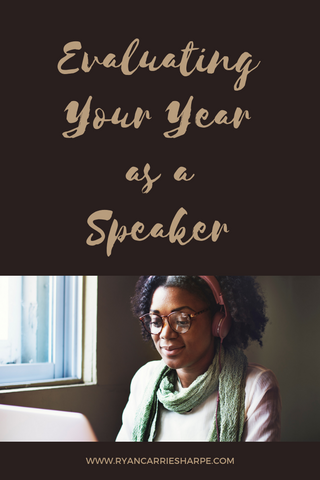
Establishing Credibility as a Speaker: Your Word is Your Worth
Personal credibility.
That's a tough topic, but it's so important. There have been times when I've been asked to refer a speaker for a particular event. You know what's sad? When a speaker would be perfect for that event but I can't recommend him/her because of their personal credibility issues.
If a speaker is known for arriving late to a speaking event, there's a personal credibility issue (please don't misunderstand-- an emergency or one-time issue is NOT what I'm talking about... I'm talking about someone who is habitually late).
If a speaker makes unreasonable demands and becomes known as a diva, there is a personal credibility issue.
If a speaker backs out of a speaking contract/agreement simply because he no longer feels like going to the event, there's a personal credibility issue.
If a speaker shows up to an event wearing inappropriate clothing choices for that event, there's a personal credibility issue (I've truly seen it all).
If a speaker flirts with members of the event committee, there is a personal credibility issue (yes, I've seen this happen, and it's not pretty).
The point here is to be a professional in every sense of the word. Your credibility is at stake. Future speaking opportunities are at stake. Your reputation is at stake. Referrals and recommendations are at stake.
Today make a personal list of things you can improve in regards to your personal credibility. You don't need to share it with anyone, but please reflect and be honest with yourself. Once you've done this, take action on that list!
